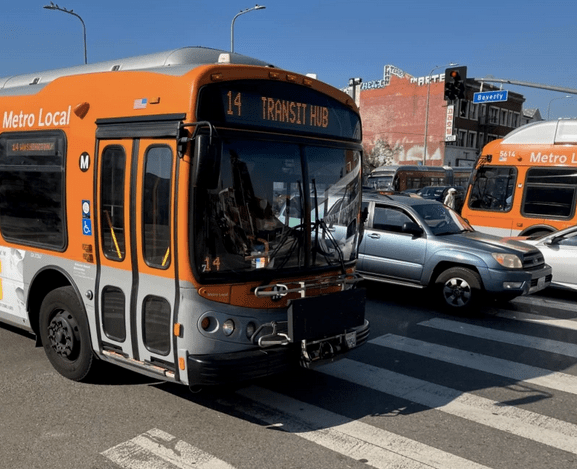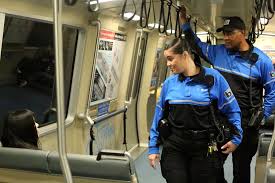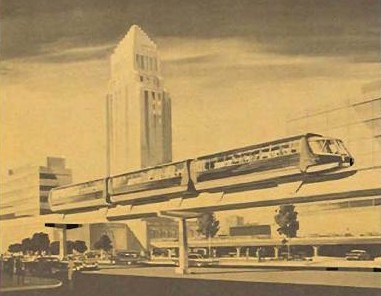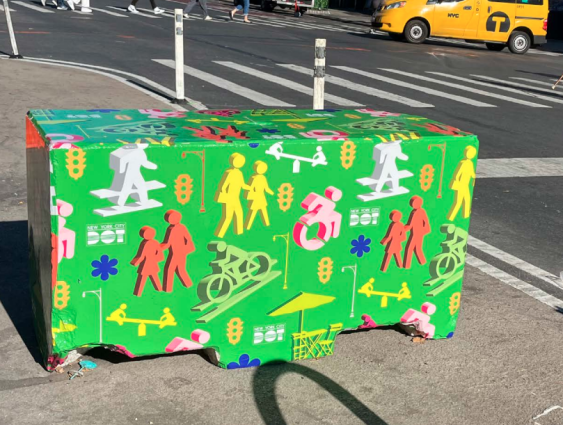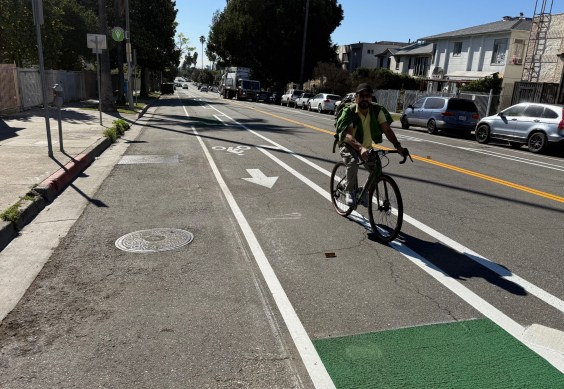It is not happening quickly enough, but Metro transit is trending in good directions right now. Ridership is up over the past couple months. The new K Line is open. And this Sunday, Metro is adding bus service, to gradually (much too gradually) restore service Metro cut at the outset of the pandemic and again at the start of this year.
Metro has, and indeed many transit agencies have, struggled to restore ridership and service to pre-pandemic levels.
In July, Metro CEO Stephanie Wiggins pledged to restore ridership to pre-COVID levels by July 2023. Unsurprisingly, it is an ambitious and daunting task. She has implemented several measures to help make this happen: increased service, new Transit Ambassadors, stepped up services for homeless riders, stepped up cleaning. And, since July, ridership has grown.
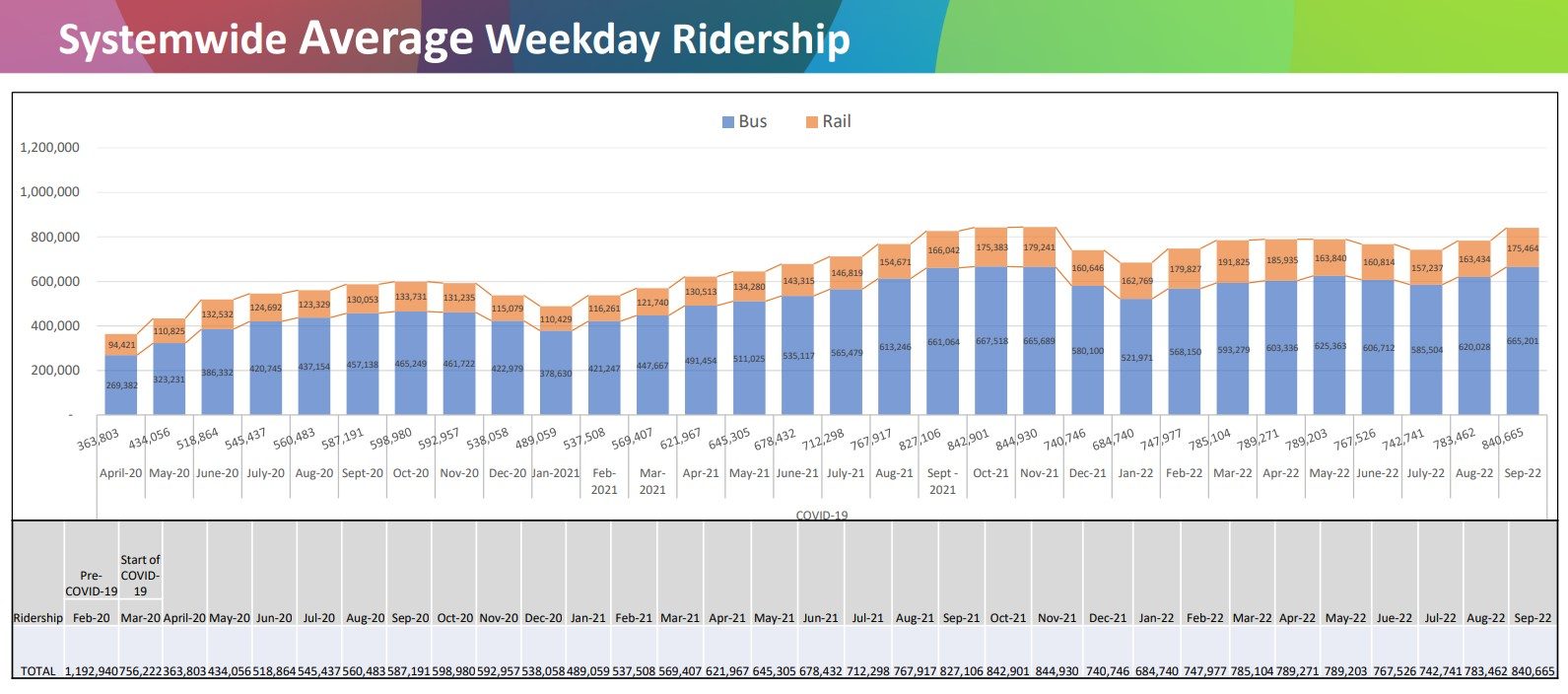
Since July, Metro average weekday ridership rose from 743,000 to 841,000. Today overall ridership is at 70 percent of what it was in 2019.
At the Metro board Operations Committee meeting today, the agency's Chief Operations Officer Conan Cheung optimistically declared that ridership was at an Omicron era high. Metro's COVID-era high ridership high was 845,000 in November 2021, after which COVID-19's Omicron variant had a serious winter spike, and ridership fell. The positive trend could continue; Cheung mentioned that October ridership was "better." Or, if winter brings another COVID spike, ridership could tumble.
Metro has the budget to fully restore transit service to pre-pandemic levels, but it doesn't have enough staff to operate buses.
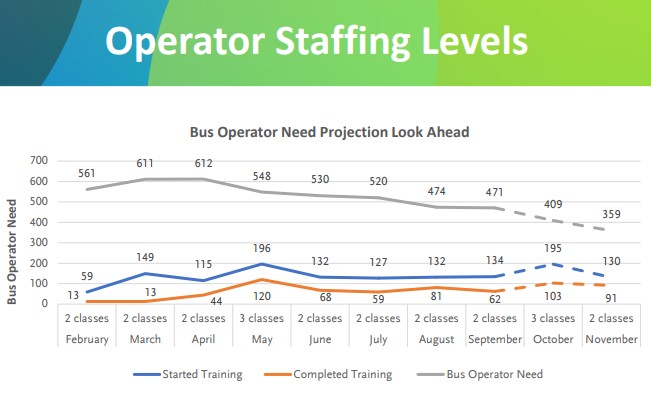
The agency is hiring new drivers. Those efforts have been buoyed by a recent salary increase. But the on-the-ground impact for bus riders is continued reduced and unreliable service. Prior to the pandemic, Metro canceled 1-2 percent of bus runs; now, with fewer scheduled runs, that number is 3-4+ percent (albeit down from ~15 percent last January). The situation is also stressful for bus operators, who end up working extra "ordered call backs" shifts.

With the positive trends, Metro is adding back some service this Sunday. Find a detailed list of this weekend's service changes at The Source.
